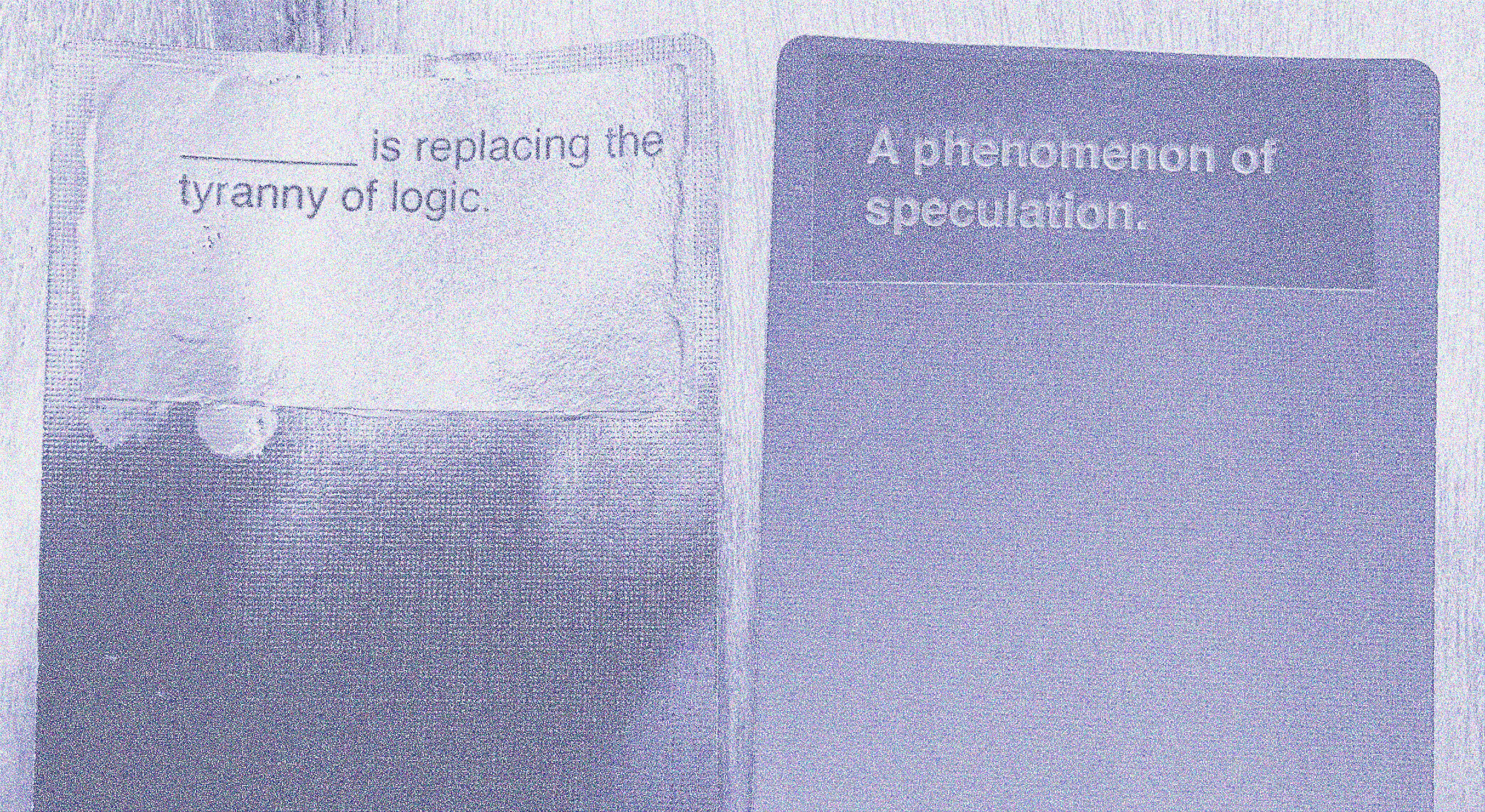The main reading for each session is set by the visitor, and will be posted below by week, along with short, additional readings intended to provide some background and define terms. Each Friday by noon, two members of the class will post 300-500 word responses to the most recent seminar on our “Discussion” page. As our final project develops, specific assignments toward that work will appear below as well.
Week 1 (Sept. 4)
An introduction to the class’s protocols and tendencies, and to each other. No assigned reading.
Week 2 (Sept. 11)
For our own purposes (meaning our first hour or so of discussion as a class), let’s all take a look at this ultra-concise “reader” that gathers some reflections on the concept of “knowledge” across various disciplines. And we should also throw in this thing on the terminology around disciplinarity and its alternatives. Just skim!
Jeff Dolven has assigned us two readings: an excerpt from Grossman and Halliday’s The Sighted Singer: Two Works on Poetry for Readers and Writers and an excerpt from his own book A New English Grammar.
Jeff sent us this request:
Hello all, I am very much looking forward to out meeting tomorrow. As we all prepare Grossman’s Summa Lyrica, I’d like to ask each of you to come to the class 1) having identified a sentence (a commonplace?) that you would particularly like us to take up, and 2) with a proposal for what to do with that sentence. (“Discuss” is a very very good proposal, and we’ll want to do our share of that, but it may not be the only one.)
Week 3 (Sept. 18)
This week, for our time together, let’s move from our collation of “Knowledge” texts to a comparably selective/concise collection of readings on EXPERIENCE — a favorite category here in IHUM. Jeff Dolven (our guest this week) and DGB taught a whole Graduate Seminar on this topic some years back, which took shape in a final project that was part of the 31st Ljubljana Biennial (we were able to bring the whole class along that summer…).
Brooke Holmes from Classics has asked us to read: Michel Foucault’s “On the Genealogy of Ethics” and her text “On the Nature of Plato’s Embodied City and the Making of Biopolitics”.
Week 4 (Sept. 25)
For this week, let’s keep thinking about knowledge and experience and the problem (promise) of criticality — and let’s go after those problems by reading together (for our portion of the seminar together): the AAUP’s statement, “In Defense of Knowledge and Higher Education,” and Judith Butler’s interesting response, “A Dissenting View from the Humanities on the AAUP’s Statement on Knowledge.”
Our guest Jeff Whetstone (VISArts) has asked us to read The Nature of Paleolithic Art by R. Dale Guthrie. And two of his artist statements: Post-Pleistocene and FRAME-ABLATE.
Week 5 (Oct. 2)
Getting back to the question of interdisciplinarity, let’s try this excerpt from Jerry Jacobs’ book In Defense of Disciplines, and also Julie Thompson Klein and Robert Frodeman’s “Interdisciplining Humanities: A Historical Overview.”
Our guest Marshall Brown (Architecture) has asked us to read Jonathan Lethem’s “The Ecstasy of Influence” and Marshall’s piece “Collage Is… Collage Ain’t”.
Week 6 (Oct. 9)
We will touch on the essay form with a famous piece by Adorno and a chapter by Cyrus Patell on writing migration.
Our visitor Karen Emmerich (Comp Lit) sent us two readings for discussion in our session: Her text “Translating for Language Justice, Across the Disciplines” and excerpts from Archaeology, Nation, and Race by Hamilakis and Greenberg .
She also recommended two others — one by Fakhreddine, one by Price — as complementary food for thought.
FALL BREAK
Week 7 (Oct. 23)
We are all going to read/watch/be-responsible-to the materials assembled in our “ON TABLES” dossier. To prepare for a kind of “charette” this week (we will have no outside guest).
Bonus assignment (not required, but would be great if folks were up for bringing/sharing something on this): an example of a project/collaboration/form from which we could learn or take inspiration as we begin to try to develop an actual “thing” we can do (together) with/around TABLES.
Week 8 (Oct. 30)
For our time, let’s try a quick look at the Intro and Chapter One of Howard Singerman’s Art Subjects: Making Artists in the American University (1999). (And keep thinking project stuff!)
Our guest Kinohi Nishikawa (English and African American Studies) has asked us to read a text by Nathaniel Mackey called “Wringing The Word” and his own text “Black Pagecraft”.
Week 9 (Nov. 6)
Everyone should bring a table-related object and should pitch proposals in our shared Google doc, which we’ll discuss and vote on in class.
Week 10 (Nov. 13)
Starry Schor, Professor of English and the Director of the Humanities Council, has asked us to read a chapter from Augustine’s Confessions on memory and an excerpt from her poetry collection Strange Nursery.
Week 11 (Nov. 20)
The editors of the European Review of Books (George Blaustein, Sander Pleij, Wiegertje Postma) have asked us to read two pieces from the magazine: Petermann’s “The Big Beige Books” and Erard’s “Cannibalinguistics”
THANKSGIVING BREAK
Week 12 (December 4)
Final Project! Folks on different prep-teams know what you need to be doing; and everyone will get their transparencies to CW & DGB in advance!
